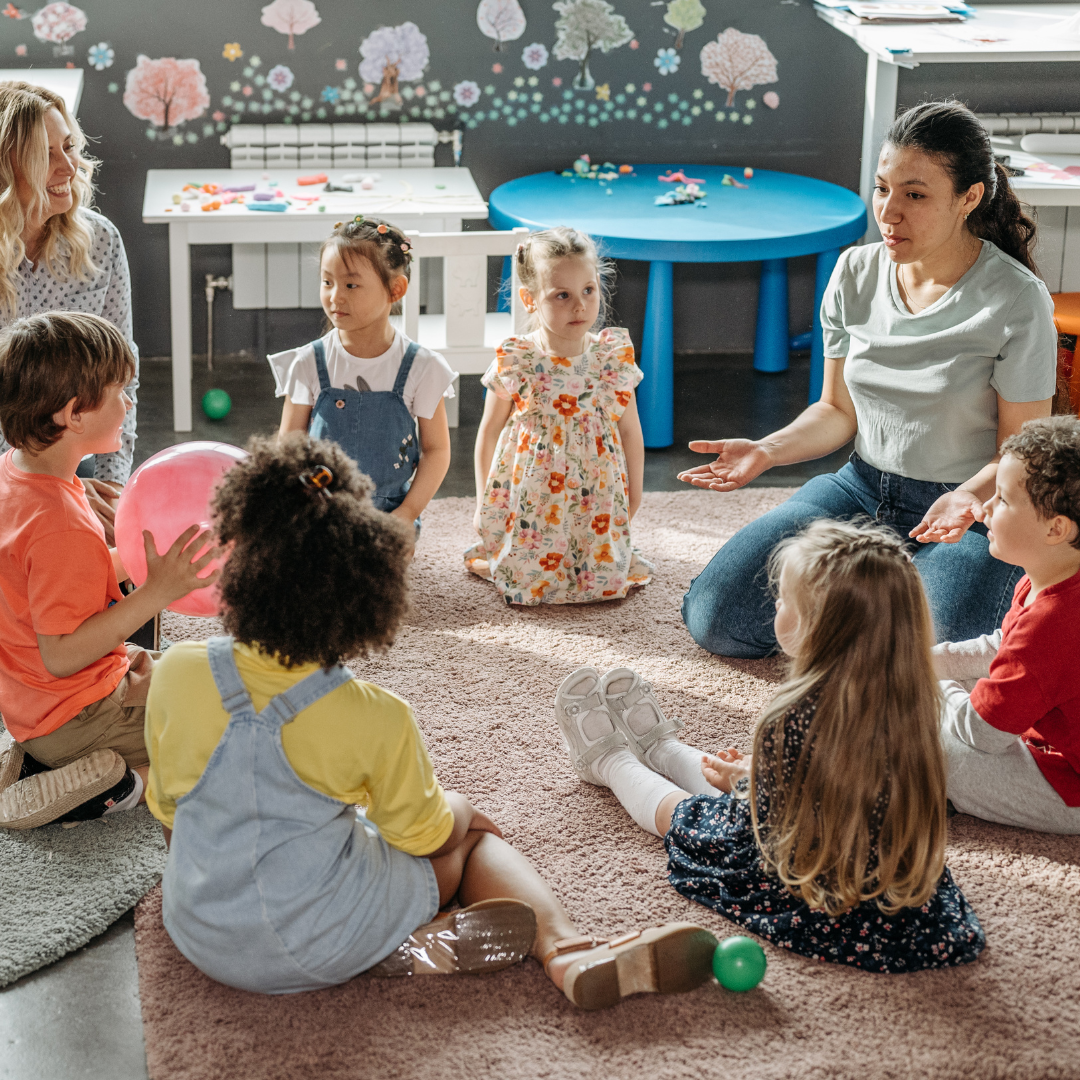Confidence is an essential life skill that empowers children to face challenges, take risks, and build positive relationships with others. Whether it’s through a school presentation, making a new friend, or participating in sports, confidence plays a key role in a child’s development and success. As parents, educators, or caregivers, we have the ability to help children develop this invaluable trait from an early age. Here’s how to teach kids confidence and foster their growth into self-assured, resilient individuals.
1. Model Confidence Yourself
Children often look to the adults in their lives as role models. If you want to teach your child confidence, start by modeling it yourself. Show your child how you handle challenges and setbacks with a positive attitude. Let them see you take risks, make mistakes, and recover gracefully. When children observe confident behavior in adults, they’re more likely to imitate it.
2. Provide Encouragement, Not Empty Praise
While praise is important, it’s vital to be specific and genuine in your feedback. Instead of simply saying, “Good job,” highlight the effort and process behind their achievement. For example, “I’m so proud of how hard you worked on that puzzle!” This reinforces the idea that effort, not just the end result, is worth celebrating. Specific praise helps children understand what they did well, encouraging them to keep trying and improving.
3. Encourage Independence
One of the most effective ways to build confidence in children is by encouraging them to do things on their own. This can start with small tasks, like choosing their own clothes, packing their backpack, or deciding what snack they want. Gradually, as their independence grows, they will feel more capable of handling bigger challenges. Allowing children to make decisions helps them trust in their own abilities and fosters a sense of autonomy.
4. Focus on Strengths, Not Just Weaknesses
Everyone has strengths and areas where they need improvement. It’s crucial to help children identify their own strengths and talents, and celebrate them. Whether it’s being good at drawing, solving math problems, or helping others, recognizing what they excel at can significantly boost a child’s self-esteem. Simultaneously, it’s important to approach areas of weakness with encouragement and support, rather than criticism, so children don’t feel discouraged.
5. Provide Opportunities for Success
Confidence is built through successful experiences. Give children opportunities to succeed by setting them up for success. Whether it’s a school project, a simple chore at home, or participating in a team activity, ensure the task is appropriate for their age and abilities. Success, even in small things, builds a sense of accomplishment, reinforcing the belief that they can succeed again in the future.
6. Encourage Positive Self-Talk
Help children develop positive self-talk to replace negative thinking patterns. Instead of saying, “I can’t do this,” encourage them to say, “This is hard, but I’ll keep trying.” Teach them to recognize and challenge negative thoughts and replace them with empowering statements. Over time, this mindset will help them face challenges with greater confidence and resilience.
7. Celebrate Mistakes as Learning Opportunities
One of the biggest barriers to confidence is the fear of making mistakes. Help children understand that mistakes are a natural part of learning and growth. When a child makes an error, respond with empathy and understanding. Reinforce that mistakes are not failures, but opportunities to learn and improve. This mindset reduces the fear of failure and encourages children to take risks and keep trying.
8. Create a Safe, Supportive Environment
Confidence thrives in an environment where children feel safe, supported, and loved. Encourage open communication with your child, listen to their concerns, and provide reassurance when needed. A stable and nurturing environment helps children feel secure, which in turn allows them to develop confidence in themselves and their abilities.
9. Teach Problem-Solving Skills
Part of building confidence is learning how to approach problems and find solutions. Encourage your child to think through challenges instead of immediately providing the answers. Ask open-ended questions like, “What do you think we can do to solve this?” or “How do you feel about this situation?” Teaching problem-solving skills not only boosts confidence but also nurtures critical thinking and independence.
10. Set Realistic Expectations
While it’s important to challenge children, setting unrealistic expectations can erode their confidence. Help your child set attainable goals that are appropriate for their abilities and developmental stage. Celebrate progress toward these goals, even if the final achievement is still a work in progress. Encouraging steady progress builds confidence over time and teaches children the value of persistence.
11. Foster a Growth Mindset
The concept of a growth mindset—believing that abilities and intelligence can be developed through hard work and dedication—can be a powerful tool in teaching kids confidence. Encourage your child to embrace challenges and see them as opportunities to grow. Reinforce the idea that effort leads to improvement and that setbacks are just part of the learning process.
Conclusion
Teaching children confidence is not about making them believe they are perfect, but rather helping them believe in their ability to overcome challenges and grow through their experiences. By fostering a positive environment, providing opportunities for success, encouraging independence, and teaching resilience, you can help your child develop the confidence they need to navigate life’s challenges with self-assurance. With time, patience, and consistent support, children will learn to trust themselves, take risks, and face the world with confidence.




